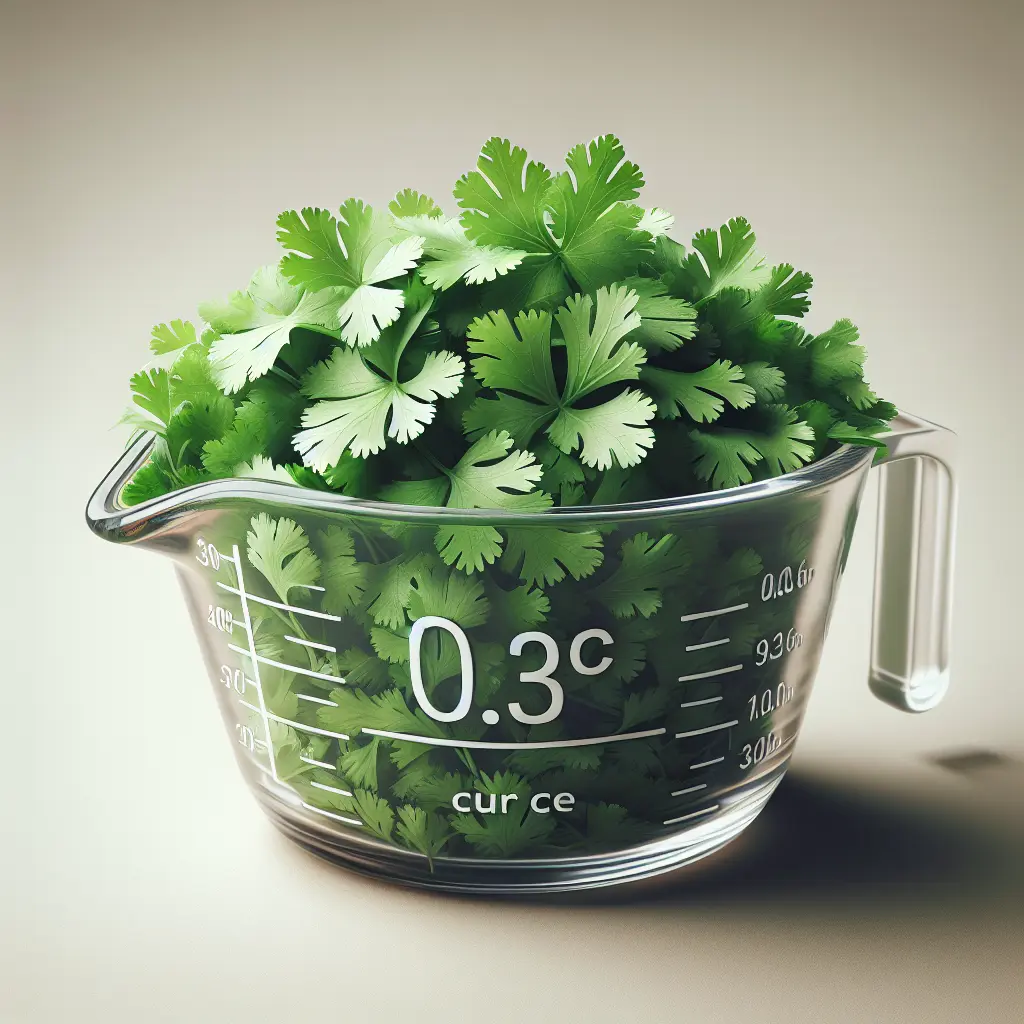Cilantro: A Culinary Herb with a Distinctive Flavor
Cilantro, scientifically known as Coriandrum sativum, is a widely cultivated herb belonging to the Apiaceae family, which also includes parsley, cumin, and fennel. It is native to the Mediterranean region and is now grown globally, adding its unique flavor to various cuisines.
Cilantro is characterized by its fresh, citrusy, and slightly peppery flavor, making it a versatile herb that complements a wide range of dishes. The leaves, often used fresh, possess a distinctive aroma and flavor, while the seeds, commonly referred to as coriander seeds, are known for their warm, nutty, and spicy notes.
Nutritional Value and Health Benefits of Cilantro
Beyond its culinary appeal, cilantro offers an array of essential nutrients. It is particularly rich in vitamins A, C, and K, providing antioxidants that protect against cellular damage. Additionally, cilantro contains minerals such as potassium, manganese, and iron, contributing to overall health and well-being.
Traditionally, cilantro has been used in herbal medicine for its purported health benefits. Some studies suggest that cilantro may have antibacterial and antifungal properties, potentially aiding in digestion and immune function. Furthermore, cilantro is believed to have anti-inflammatory effects, which may benefit conditions such as arthritis and inflammatory bowel disease.
Incorporating Cilantro into Your Diet
Cilantro's versatility extends to its culinary applications. Its fresh leaves can be incorporated into salads, salsas, dips, and marinades, adding a vibrant flavor and aroma. Cilantro is also a popular garnish for tacos, burritos, and other Mexican dishes. Furthermore, cilantro seeds are commonly used in spice blends, such as curry powder and garam masala, imparting a warm and earthy flavor to various cuisines.
When selecting cilantro, look for leaves that are fresh, green, and free of blemishes. It is important to note that some individuals may experience an aversion to the taste of cilantro, known as 'cilantro aversion.' This is often attributed to genetic factors and does not indicate any underlying health concerns.
How many calories are in Cilantro?
Each 0.3 cup of Cilantro contains 0.9 calories.
Cilantro Nutritional Information
| Nutrient | Amount per 0.3 cup (4g) |
|---|---|
| Calories | 0.9 Calories |
| Protein | 0.1g |
| Fat | 0g |
| Saturated Fat | 0g |
| Cholesterol | 0mg |
| Carbohydrates | 0.2g |
| Dietary Fiber | 0.1g |
| Sugar | 0g |
| Sodium | 0.0018mg |
| Potassium | 0.0208mg |
| Calcium | 0.0027mg |
| Iron | 0.0001mg |
